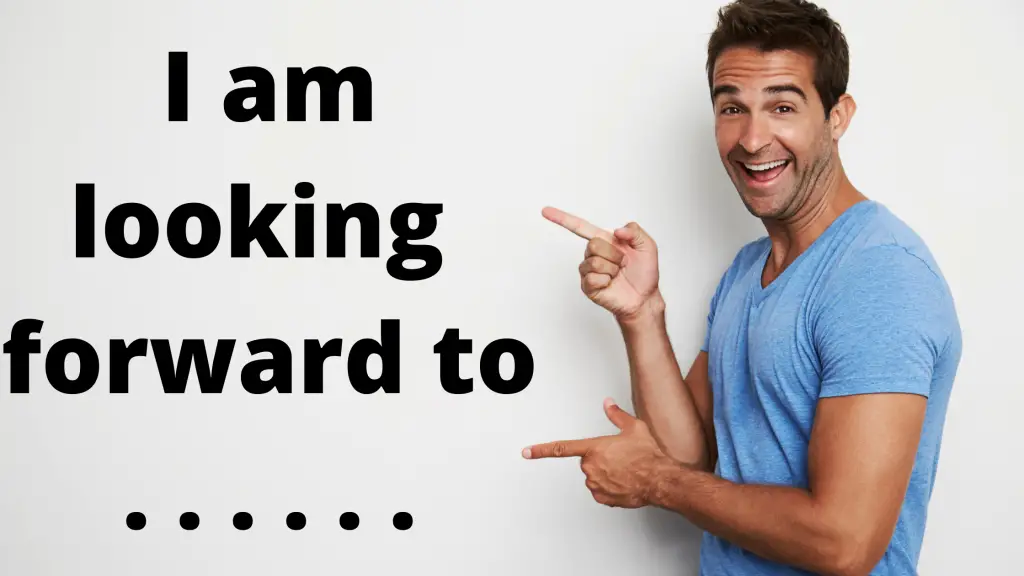“I am looking forward to seeing you” is correct.
In this case “to” is a preposition, and you always need to use the ing form(gerund) after a preposition. “I am looking forward to see you” is incorrect.
“To look forward to” is a phrasal verb
To look forward to something is a multi-word phrasal verb.
A phrasal verb contains a verb and a preposition and in this case, two prepositions(forward and to)
I am looking forward to spending the summer by the beach.
To look forward to is a transitive verb which means that it needs an object( a noun or a verb).
Other examples of transitive verbs are like and enjoy. You can’t say “I like” without an object.
I like tennis.
I enjoy swimming in the sea.
Gerund after a preposition
There is a rule in English that says that if you use a verb after a preposition, then the verb needs to be in the ing form(gerund).
Thank you for buying me breakfast.
He always dreamed of going west.
After seeing the doctor, I went home.
“look forward to” is a phrasal verb, so to is a preposition in this case. Try to remember that “look forward to” is always together and a set phrase.
More phrasal verb examples(Notice the ing form after the phrasal verb)
He started out cleaning the toilets.
John ended up renting an apartment next to me.
That criminal will pay for being so bad.
Different uses of “to”
The confusion between the difference between “I’m looking forward to see you” and “I am looking forward to seeing you” is because of the word “to”
After many verbs, it is necessary to use the infinitive(to + verb) or the gerund form(ing) of the verb for the second verb.
As explained above “to look forward to” is always together. It can’t be separated.
Examples of infinitives
I want to go to the supermarket
I tried to open the bottle.
Examples of gerunds
He likes swimming in the sea.
He enjoys dancing by himself.
“To look forward to” is an example of a verb that takes a gerund.
I am looking forward to dancing all night long.
I am looking forward to taking off my shoes.
I am looking forward to playing my guitar later.
I am looking forward to meeting your family.
Confusion with To+ Infinitive
Many people get confused with why we use “looking forward to seeing you” as they were taught that verbs following the word “to” should always be in the base form, without any participle forms. For example, “to play” instead of “to playing,” or “to eat” instead of “to eating.”
Well, The instruction you received from your teacher is about infinitives. Infinitives are formed with the word “to” followed by a base verb and are used when two verbs come together in a sentence, like in:
- I want to eat.
- She likes to swim.
In these instances, the word “to” is not really a preposition but a part of the infinitive form of the verb, and therefore, the verb that comes after “to” remains in its base form.
On the other hand, the phrase “looking forward to” is different. Here, “to” is a preposition that is part of the phrasal verb “look forward to,” which requires a noun or noun equivalent after it. When you use a verb after “look forward to,” it has to be in the -ing form, which is called a gerund, making it act like a noun.
Therefore, you should say:
- I look forward to seeing you.
- I’m looking forward to meeting you.
These are correct because “seeing” and “meeting” are gerunds acting as nouns in the sentence.
The incorrect forms would be:
- I’m looking forward to see you.
- I’m looking forward to saw you.
These don’t work because after “look forward to,” you cannot use the base form or past form of a verb; you must use a gerund.
When “Look Forward to See” is Correct
After taking in difference perspectives from different people, I have noticed that “to look forward to see” can be correct in a certain situation.
The context of this situation is when we use the verb “to look” with the adverb” forward” when someone physically moves their body forward to see something better.
She looked forward to see the tower better.
This of course might lea to some confusion so most people might say something like:
She moved forward to see the teh tower better.
- “How Was Your Weekend?” Alternative Ways to Improve Your Conversations - February 19, 2024
- On Monday or Monday? What’s the Difference? - December 1, 2023
- 20 Alternative Ways to say “Thanks for the Heads Up”(+ Meaning) - November 30, 2023

